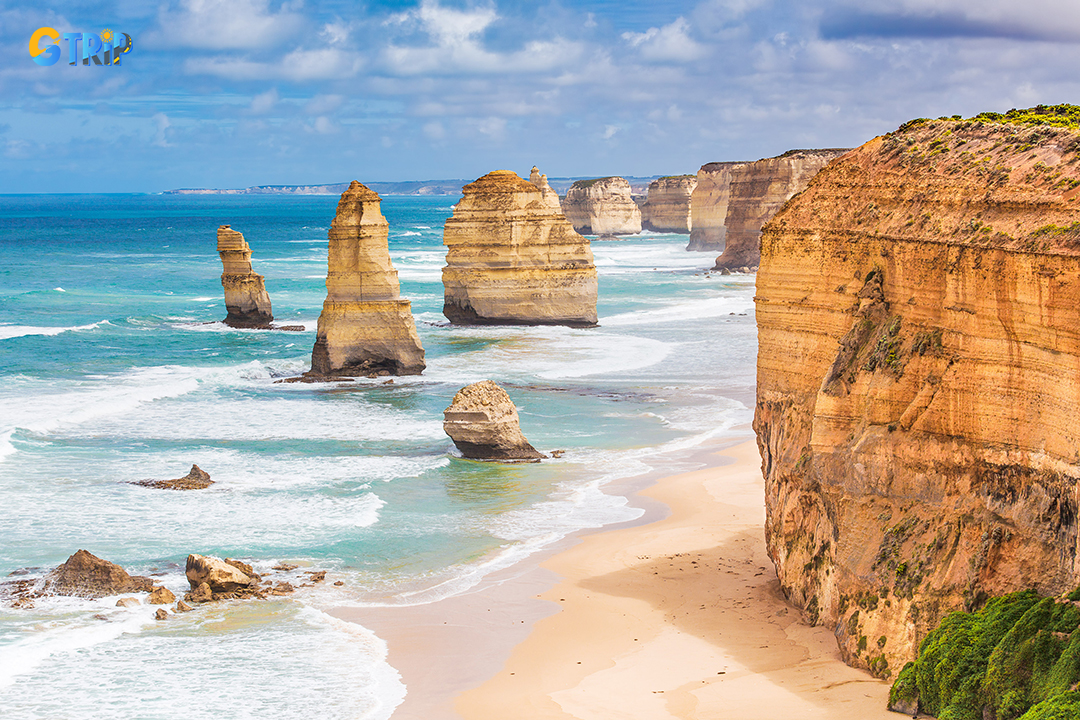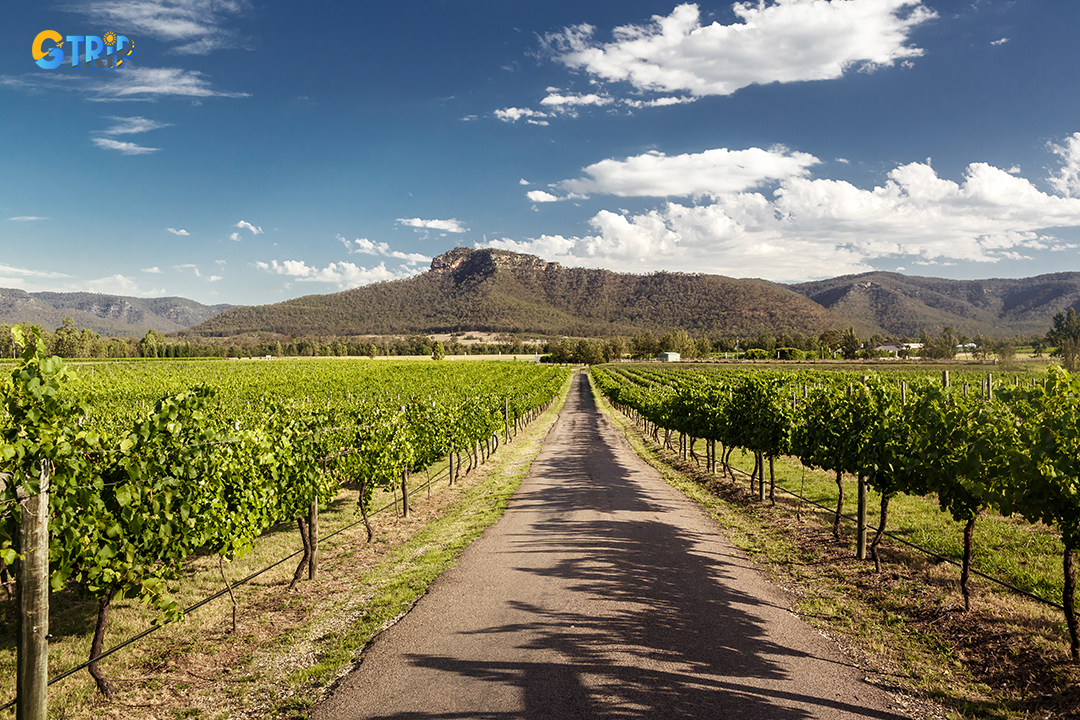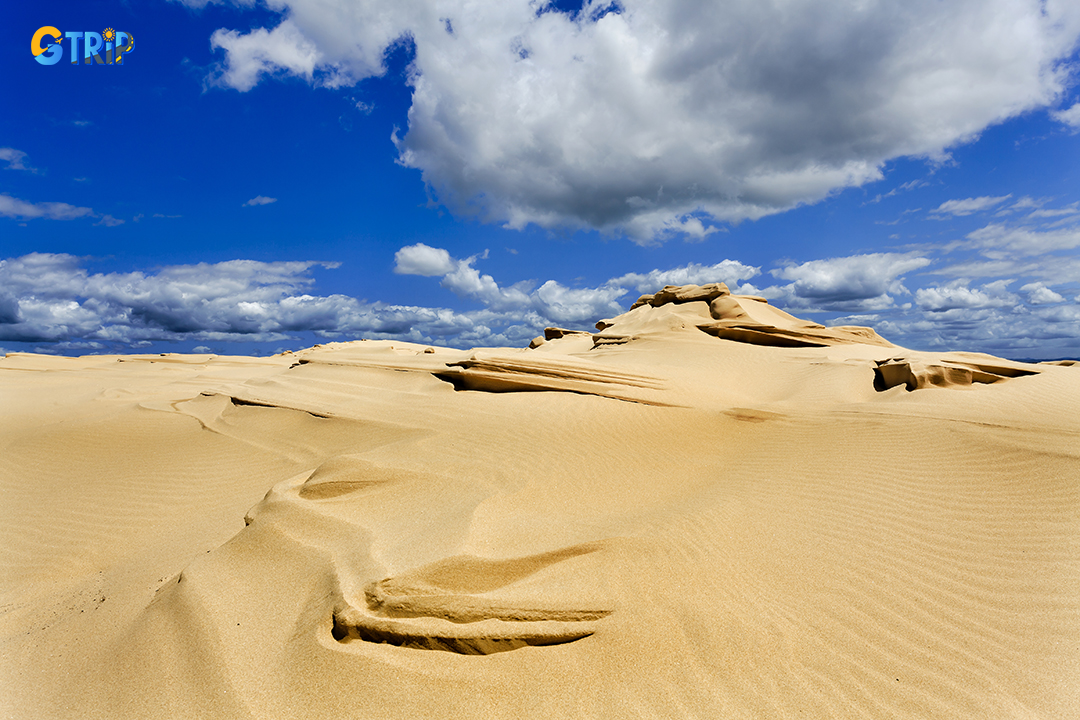Aug - 09 - 2023
Your self-sufficient Australian trip will likely be in trouble if you do not know the following: Australia is a country with an extremely rich and particular ecosystem, wildlife is everywhere, you can get tired of traffic problems, etc. Some Australian outbacks will have a lot of "nothing", you have to stay alert to have safe travel in Australia.
1. Always keep an eye on your fuel tank
In Australia, the distance between refueling stops is often very long, so fill up your tank when you get the chance. Don't risk finding a cheaper gas station, as there may not be another within a few miles. What's more, it's a good idea to pay a little more to support businesses that provide critical services in remote areas. Treat each gas stop as an opportunity to relax, unwind, and recharge for the next leg of your journey. The petrol station attendants will love to chat and can give you insight into the world of Indigenous Australians.

The Twelve Apostles, Australia
2. Please prepare as much water as possible
To ensure you travel safely in Australia, especially when traveling to remote areas, bring plenty of fresh water and some food in reserve. If you get delays or breakdowns along the way, at least you won't burn out. Bottled water, fresh fruit, and snacks are essential to keeping you awake and taking breaks. Be aware of quarantine restrictions; you cannot bring fruit or vegetables across state lines.
3. Make sure you have a good understanding of the means of transport
You must make sure that your vehicle is suitable for the trip you are taking. If you're traveling through a 4x4 country, don't try to risk a 2WD vehicle. You can go miles without seeing another car, so get a ride that's perfect for major highways, select side trips, and dry-season travel. Don't risk passing the 'spill' if you're not equipped for it. You don't want to be someone else's rescue mission. It is important to ensure your vehicle has the latest service and that all tire pressures, water levels, and oil levels have been checked before the trip.
4. Pay attention to the weather and natural threats
Be aware that floods, bushfires, and tornadoes can happen without warning in Australia. So you must check the weather reports very often and be aware of road closures. If a road is closed, don't drive past warning signs; it's always closed for a good reason!

Hunter Valley, Australia
The weather in northern Australia is very severe, with two seasons: wet and 'dry'. The 'dry season' is often the best time to travel in the outback. At this time, the weather is milder and often cool and rainy, so travel is more predictable. Beware of smog in remote areas, as your visibility can be significantly reduced. In contrast, the rainy Season' is often unpredictable, and travel planning involves more risk. When the rainy season comes, the roads in Australia are slippery and muddy, and worse, there can be deep holes in the road and water from flooded creeks, so pay close attention to your surroundings.
One piece of advice for you when traveling independently here is to avoid riding at dawn and dusk. Wildlife will move around and can be quite unpredictable. Kangaroos, Emus, and Cattle often cross the road; you have to be very alert.
5. Fatigue is the biggest risk you can face along the way
You should plan your trip carefully and ensure you have plenty of rest on a longer trip, especially if you're traveling alone. If there are signs of fatigue such as light yawns, poor reaction, dry eyes, lack of concentration, etc., Stop by a nearby house, drink a cup of coffee, or have a snack to cool off after driving. Get up, walk around to get the blood flowing, and do some stretching. There is no substitute for sleep. If you're tired, pull over to the side to sleep, and then keep going!

Stockton Sand Dunes, Australia
Australia is a land full of surprises and extremely attractive to those who love adventure travel. However, if you want to have a safe Australian travel experience, you should still choose guided tours with professional arrangements.


